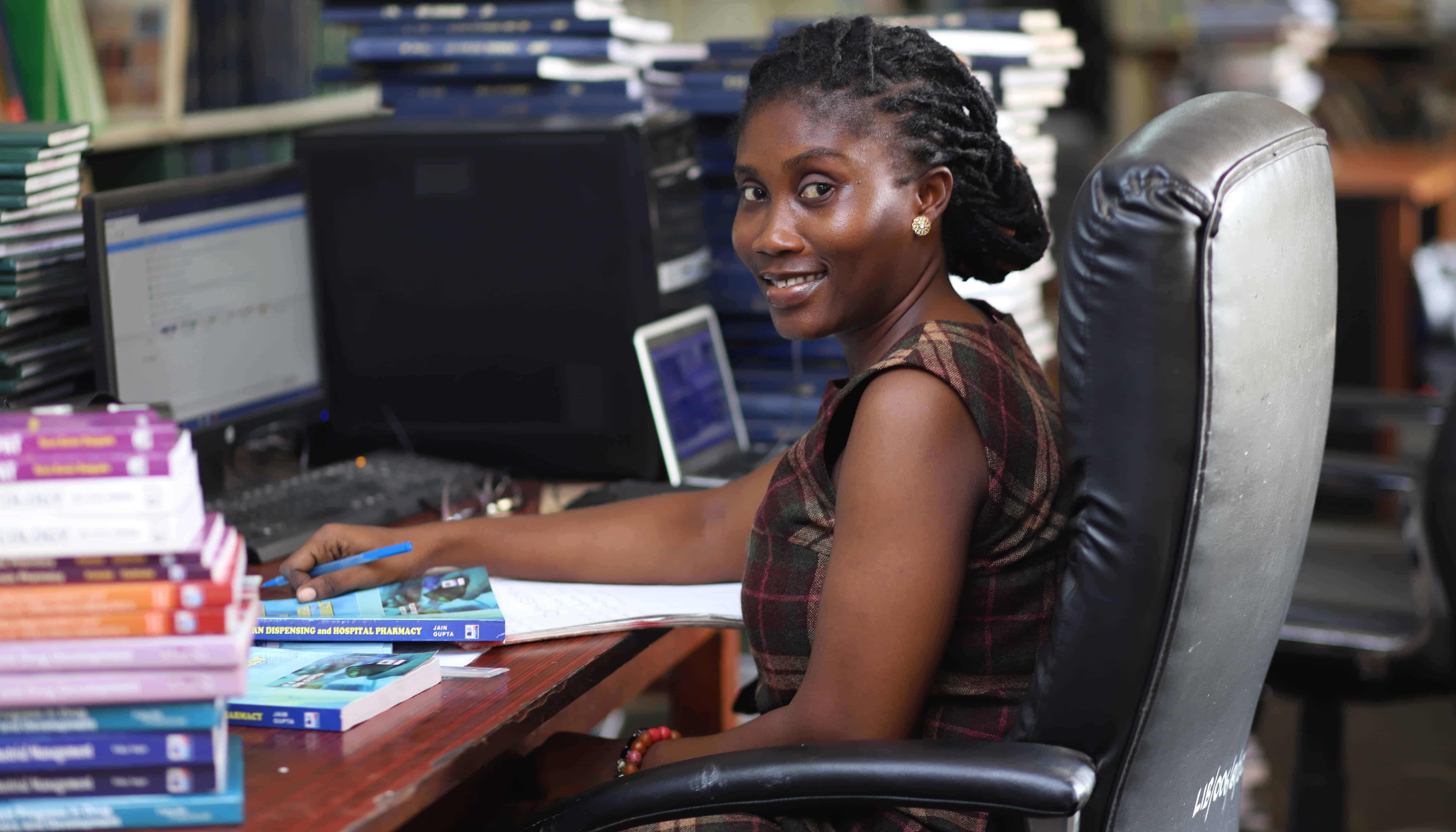
Collection Management and Technical Services Department
The Department of Collection Management and Technical Services is a division of the Library responsible for the development and management of library collections as well as technical services of the Library. The Department has four (4) Sections and five (5) Units. The sections are Acquisition, Preservation and Curriculum Support, Cataloguing, Bindery and Photocopying Section, Periodicals Section, and Special Collection Section. The Cataloguing, Bindery and Photocopying Section has two units: Bindery Unit and Photocopying Unit. The Special Collection Section also has three units: the Gallery Unit, Africana Unit and the Development Information Unit.
Vision
To be a Department that will ensure effective collection development and management activities through upholding internationally accepted guidelines and standards that will make available and accessible materials with relevant information.Mission
To acquire, process, preserve and disseminate information sources in line with prevailing international standards that will promote quick access and exchange of current, authoritative and, accurate information.Mandate
The DCMTS shall:
- ensure that major stake holders of the Library are involved in the selection of books and electronic resources of the Library.
- ensure balance of information resources for all academic programmes offered by the University
- effectively manage and preserve the library’s information resources
- provide accurate and timely information resources
- facilitate quick and easy access to library materials.
- cater for the longevity of information sources.
Contact
Email: lib.cmts@ucc.edu.gh
Sections & Units

The Acquisition, Preservation, and Curriculum Analysis (APCA) Section of the University of Cape Coast Library ensures that relevant materials containing information are procured. In the process, the Section takes into consideration the programmes offered by the University. The Section also adopts measures that will ensure the longevity of all information sources acquired. The University of Cape Coast Library is a hybrid library. Therefore, it acquires both print and electronic information materials.
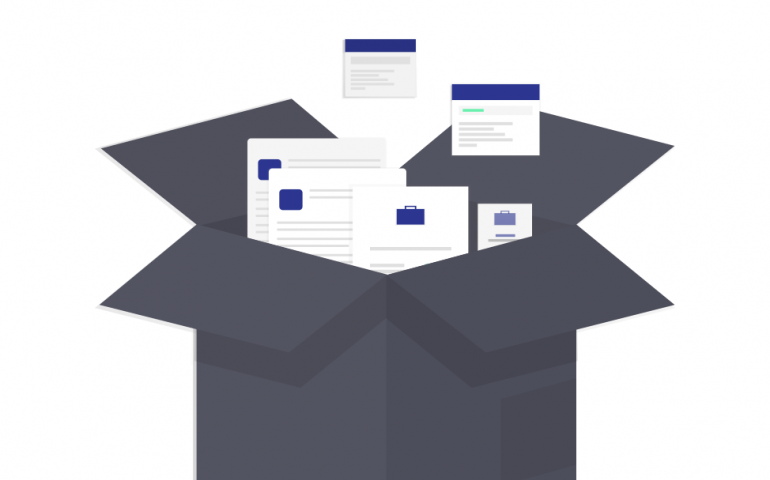
The Unit assists in the collection, documentation, materials and issues of indigenous knowledge which are either written by Africans or foreigners. The materials collected are either published or unpublished (theses, selected speeches of African legends and other proceedings). The Africana Collection is made up of books and materials on political, economic, cultural and social issues about Africa which is written by either African or foreign writers. The materials at the Ghana Collection are mainly books written by individual Ghanaians, books about Ghana written by foreigners as well as books published in Ghana. These include information such as historical, religious, political, health, educational and cultural records of Ghana.

The Bindery Unit assists in the preservation of materials of the Library. The Unit performs the in-house treatments of mutilated and worn out materials to ensure the longevity of library materials. The Unit also repairs and binds materials for individuals and organisations for a fee.
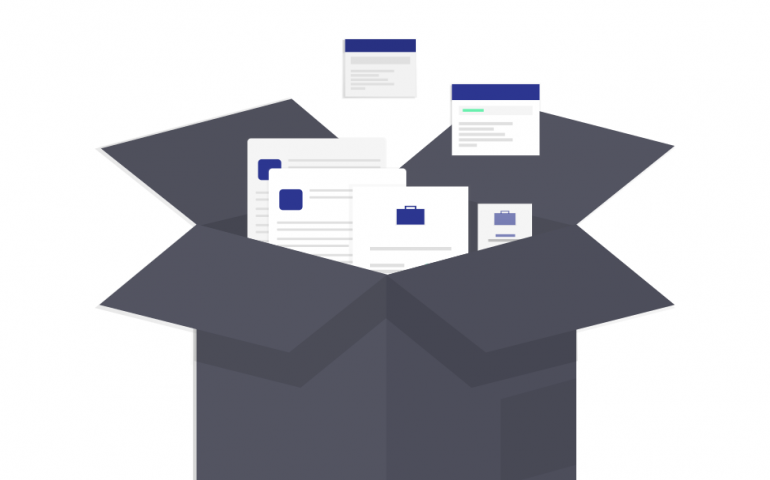
The Cataloguing, Bindery and Photocopying Section of the Library has three divisions: Cataloguing, Bindery and Photocopying.

5.6.1 Introduction
The Development Information Unit (DIU), formerly Development Information Center (DIC) is a special unit, under the Department of Collection Management and Technical Services (DCMTS) of Sam Jonah Library. The unit can be located on the third floor. The unit receives official World Bank publications; is where World Bank Publications and other information on development can be accessed either electronically, (on Internet, CDs, Videos) or physically (the printed materials). The Unit provides free access to all categories of World Bank publications.
The Development Information Unit (DIU), formerly Development Information Center (DIC) is a special unit, under the Department of Collection Management and Technical Services (DCMTS) of Sam Jonah Library. The unit can be located on the third floor. The unit receives official World Bank publications; is where World Bank Publications and other information on development can be accessed either electronically, (on Internet, CDs, Videos) or physically (the printed materials). The Unit provides free access to all categories of World Bank publications.

Periodicals form a very significant part of the requirements for the courses offered in the University. Periodicals are serial publications with a continuing title issued at regular or irregular intervals and numbered consecutively (i.e. one after the other in series, without interruption) to distinguish one from the other. They include journals, magazines, memoirs, transactions, proceedings, bulletins, gazettes, reviews, reports, newspapers, newsletters and annuals. Periodicals usually consist of a collection of articles which range from a single page story in a magazine to a 40 page study in a scholarly journal. Periodicals can offer some advantages over books depending upon the information need.

3.8.1 Mandate of the Unit
The core mandate of the photocopying unit is to provide printed academic materials of functional quality by means of photocopying, color printing, comb-binding and other services to the University community and to support the Sam Jonah Library provide easy access to scholarly information for academic work at a subsidized rate.
The core mandate of the photocopying unit is to provide printed academic materials of functional quality by means of photocopying, color printing, comb-binding and other services to the University community and to support the Sam Jonah Library provide easy access to scholarly information for academic work at a subsidized rate.
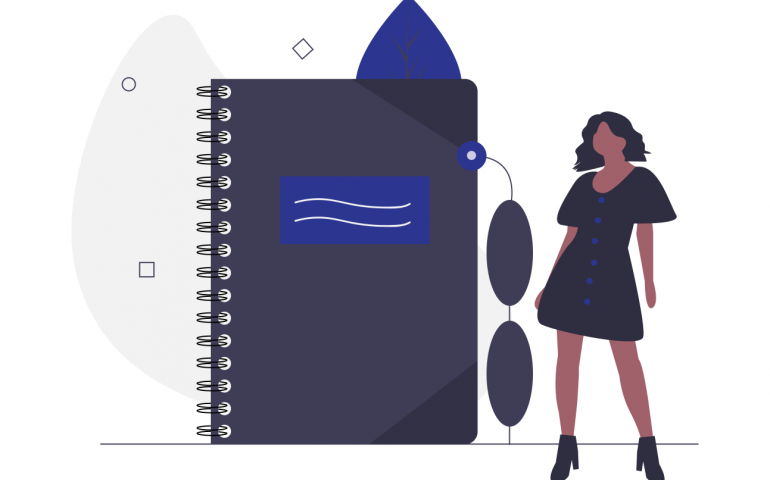
The Special Collection Section of the Library is made up of three units:; the Gallery, Africana and Development Information Units. The usage of the collection of the section is restricted within the Library.
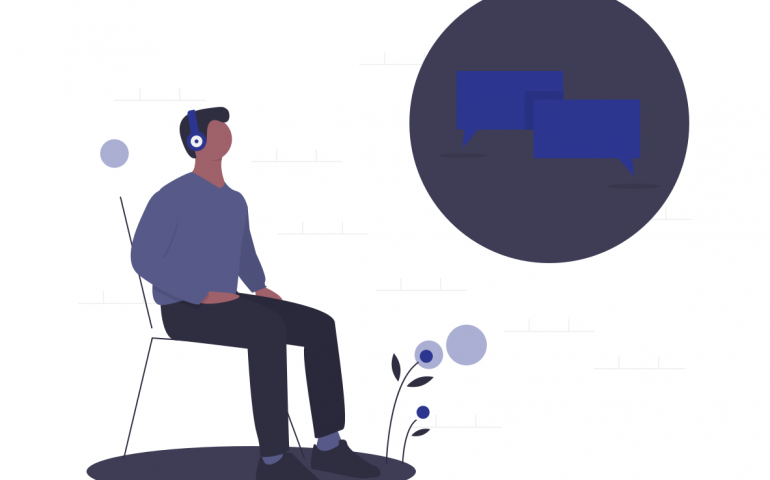
The University of Cape Coast Gallery presents curated exhibitions that facilitate an awareness of the records and history of the university. The Gallery located at the Sam Jonah Library was established to keep records of events and important activities of the University in pictorial/audiovisual form. The University Gallery values community engagement and welcomes the public to engage with our many exhibitions and public programs throughout the year. It creates an opportunity for students to learn experientially as they come to explore the many collections of the Gallery. This venue allows both international and local visitors to learn about curation and exhibition designs from across world cultures. The collection of the University Gallery includes the following: memorabilia of past and present Principal officers of the University, Video and audio recordings of inaugural and memorial lectures, copies of Vice Chancellor’s annual reports, matriculation and congregational brochures, students’ handbooks, University bulletins, University gazettes, list of best graduating students on a plague, National heroes, National and institutional inventions, artefacts, samples of trophies, awards, Paraphernalia and souvenirs, etc.

